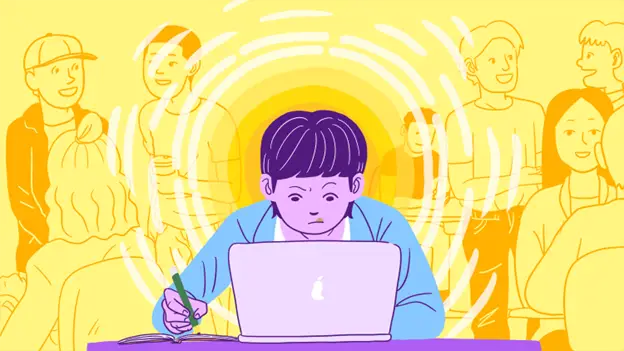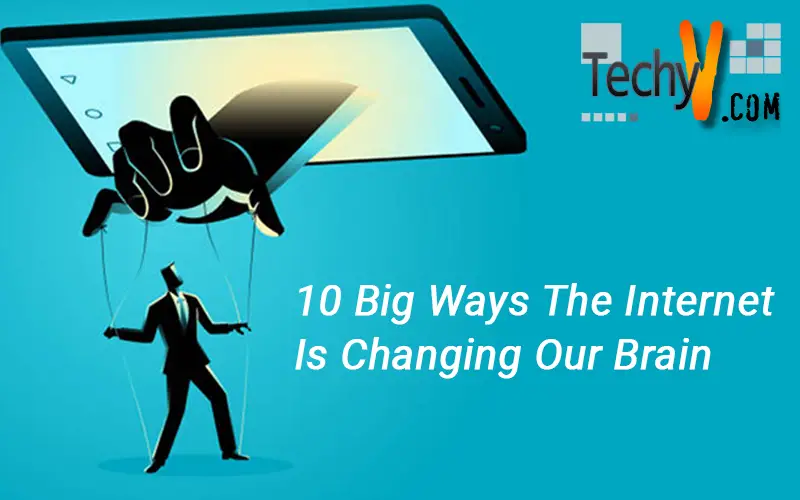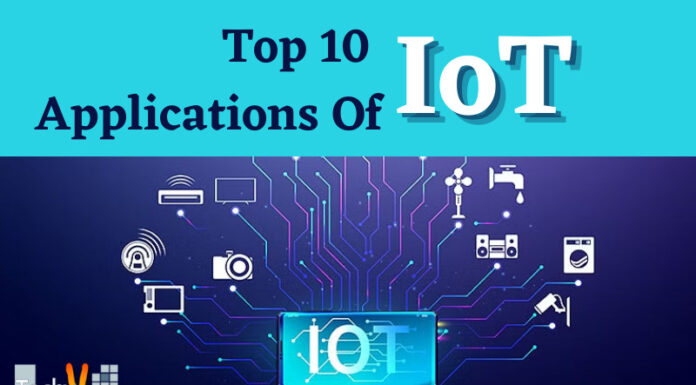As a result of the internet, we can now access practically all human knowledge, from email on our phones to degrees from reputable online universities. Online associate, bachelor, master’s, and ph.d. Degrees are available. Of course, such an astonishing feat affects our lives, and scientists have found that the internet has both satisfied and rewired our brains.
1. Our External Hard Drive Is The Internet
We no longer need to recall phone numbers or addresses. Instead, we can use email or google to look it up. According to science magazine research, “the internet has become a key kind of external or transactive memory, where knowledge is stored collectively outside ourselves,” and our brains have become dependent on information availability.

2. Children Learn In Different Ways
Recall all the history classes where you had to remember dates, names, and specific details. Kids are doing it less than they used to. According to to read write web, “rote memorization is no longer a necessary aspect of education” with online libraries. Educators are starting to realize that information is now pouring at us like a fire hose, faster and faster than we can absorb it, and retaining data wastes critical brain power that could be utilized to stay up with more important information that can’t be googled quickly. Individuals can learn more about how technology affects students’ learning by pursuing traditional or online master’s degrees in education.

3. We Very Rarely Give Tasks Our Full Attention
Have you ever checked facebook while listening to music or texted a friend? If so, you’re familiar with the phenomena of continuous partial attention and its effects on the brain. It must be determined whether partial attention is a distraction, as many believe, or a brain response to the constant flow of stimuli.

4. We Don’t Care About Remembering
The group that was promised their data will be saved was less likely to remember. According to this study, people have poorer rates of remembering when they expect to be able to obtain knowledge in the future.

5. We’re Becoming Better At Finding Information
Although we can’t recall everything, we’re improving at discovering the needed knowledge. The brainpower previously utilized to store facts and information is now used to remember how to look it up. According to professor betsy sparrow, “we remember less through understanding information itself than by knowing where the information may be retrieved.” She suggests that this isn’t always a negative thing and may even be “sort of great” as we adapt to new technologies and become incredibly skilled at remembering where to locate items.

6. Difficult Questions Get Us Thinking About Computers
College students must frequently conduct extensive research to acquire their bachelor’s degree, and accessing the internet has become too familiar. For many, this implies that we don’t have to go to the library or, with smartphones’ pervasiveness, even go much further than our wallets. It’s no longer challenging to track down an old classmate or remember the name of a movie actor – all you have to do is google it.

7. Iq Is Rising Over Time
Because of mtv and video games, parents and professionals were concerned that the new and flashy technology would burn our poor brains into oblivion. However, we are becoming wiser as a result of mtv, video games, twitter, facebook, and google.

8. Our Concentration Is Suffering
Nicholas carr writes in the atlantic about his developing trouble with deep reading. He, like many others, finds that “depth reading that used to come readily has become a strain.” It’s easy to see why. Our time online is frequently spent skimming headlines and posts and hastily browsing links, spending little time on any one thing. Of course, when you read for more than a few minutes or seconds, your mind will wander.

9. We’re Becoming Better At Determining Relevance
With so much information available, it’s only inevitable that some of it are false. After all, we no longer live in a society limited by printing presses and editors: anyone can put knowledge out there and market it like crazy. Graduate students pursuing a master’s degree may undoubtedly speak to this, as they presumably spend a significant amount of time sorting through worthless research that cannot be validated or utilized.

10. We’re Becoming Physically Addicted To Technology
Even after unplugging, many internet users need the excitement provided by electronics. The cause is dopamine, which is released in reaction to stimulation – without it, you feel bored. The wife of a significant technology user observes that her husband is “crotchety till he gets his fix.” After spending time online, your brain craves more, making it difficult to concentrate on other chores and “unplug.” Individuals can acquire online web design degrees to construct attractive websites.



















